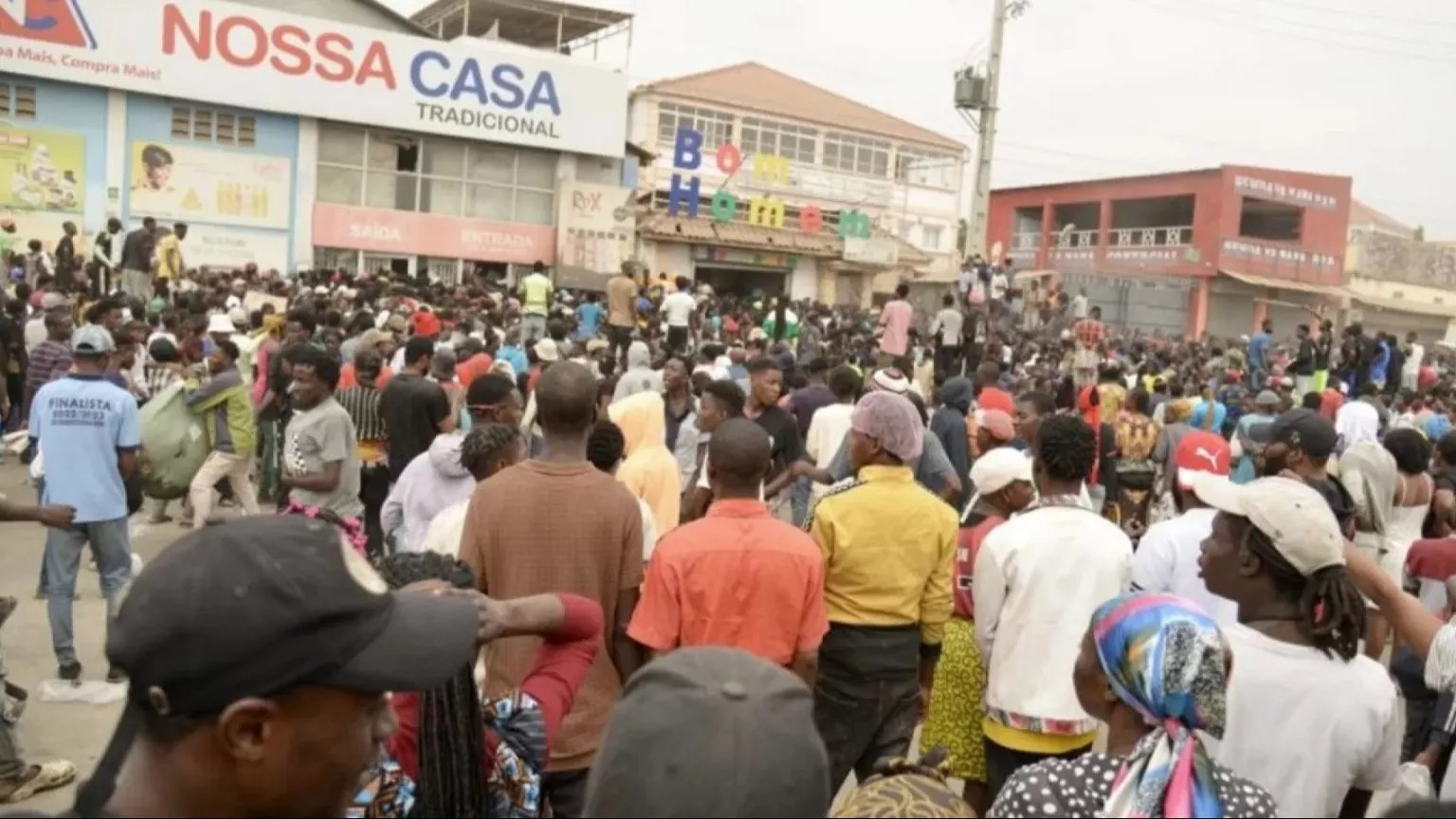Violent protests over a sharp rise in diesel prices have left at least 22 people dead and nearly 200 injured across Angola this week, marking one of the most serious outbreaks of civil unrest in recent years.
The government confirmed the figures following three days of turmoil that started in the capital, Luanda, and quickly spread to other regions.
The protests erupted on Monday after minibus taxi unions launched a three-day strike in opposition to the government’s decision to raise diesel prices by one-third.
The measure is part of a broader initiative to phase out fuel subsidies and stabilize the country’s struggling public finances.
However, the move sparked widespread outrage, particularly among low-income workers who rely heavily on affordable transportation.
What began as a transportation strike rapidly devolved into chaos.
There were reported looting, vandalism, and violent clashes between protesters and security forces reported in Luanda and at least six other provinces.
Sporadic gunfire was heard across the capital and several other cities on Monday and Tuesday.
This happened as crowds looted shops, set vehicles ablaze, and clashed with heavily armed police.
By Wednesday, Angola’s presidential cabinet convened to assess the escalating crisis.
A statement released afterward confirmed 22 fatalities, 197 people injured, and 1,214 arrests made in connection with the unrest.
The government also reported that 66 shops and 25 vehicles were vandalized, with numerous supermarkets and warehouses looted during the mayhem.
The government responded by deploying the military to support police efforts in restoring order, citing a “climate of widespread insecurity” caused by the violence.
Interior Minister Manuel Homem confirmed that among the dead was a police officer.
In Luanda, the aftermath was still visible on Wednesday.
The streets were tense and largely deserted, with many businesses remaining shuttered.
Long queues formed outside petrol stations and a few shops that cautiously reopened.
A significant security presence was visible throughout the capital, while public transport began to slowly resume operations after a two-day halt.
The roots of the unrest trace back to 2023, when Angola began gradually removing fuel subsidies.
This was supposedly under pressure from international financial institutions such as the International Monetary Fund.
That process also triggered deadly protests at the time.
It highlighted public sensitivity to rising fuel costs in a country where poverty and unemployment remain widespread.
Human Rights Watch criticized the government’s response to the recent demonstrations, accusing police of using excessive force against largely peaceful protesters.
According to the organization, security forces fired tear gas and rubber bullets.
They also reportedly physically assaulted demonstrators during earlier rounds of protests that began roughly two weeks ago.
Angola’s ruling People’s Movement for the Liberation of Angola (MPLA), which has held power since the country gained independence from Portugal in 1975, has long been accused of cracking down on dissent.
Critics say the government often responds to public demonstrations with violence and repression in an attempt to stifle opposition voices.
Opposition political parties were quick to condemn the government’s handling of the crisis.
In a joint statement issued on Wednesday, the UNITA and Bloco Democrático parties described Angola as being in the grip of a “severe economic and social crisis.”
They blamed it on government policies that are “disconnected from the country’s reality.”
According to Angola’s finance ministry, fuel subsidies accounted for roughly 4 percent of the country’s gross domestic product (GDP) in 2023.
Authorities argue that cutting subsidies is essential to redirect funds toward social services and infrastructure.
However, for many Angolans, especially the urban poor, the cuts have translated into immediate hardship, as fuel price hikes lead to increased transportation and food costs.
As Angola grapples with the fallout, tensions remain high.
The government continues to justify its economic reforms as necessary.
On the other hand, growing frustration among citizens points to a widening gap between policymakers and the people they govern.







